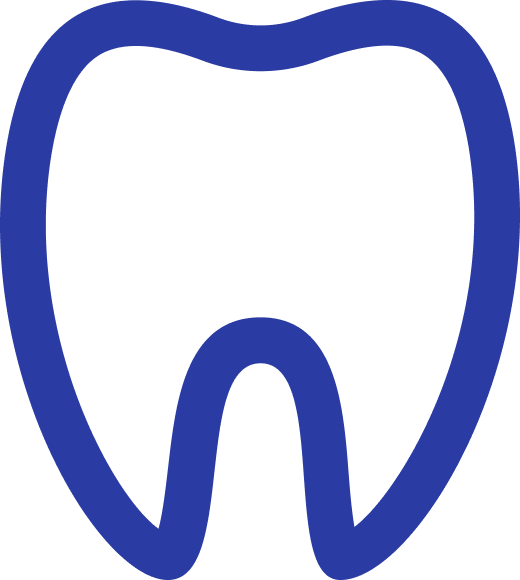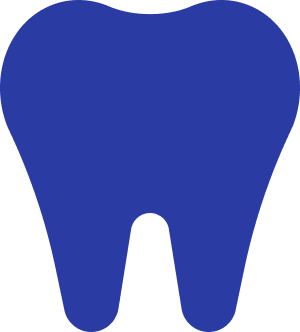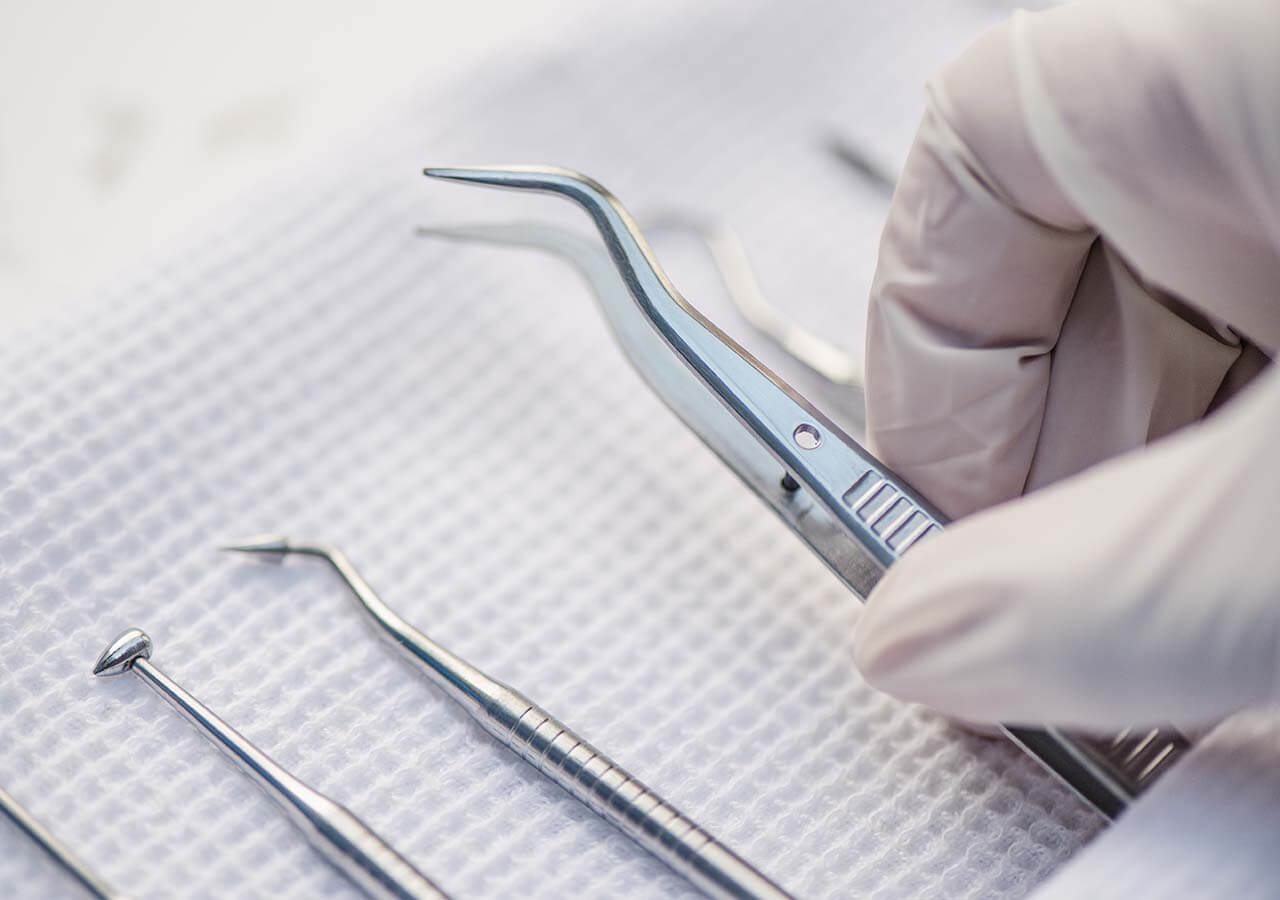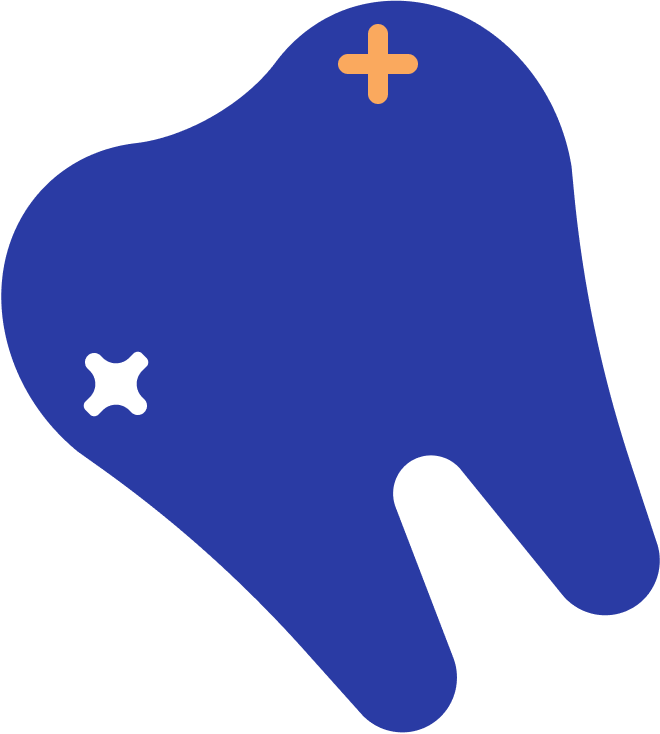
Dental Services
General, Cosmetic, and Restorative Dentistry


Our Services
General Checkups
Regular dental checkups are essential for maintaining optimal oral health. Our expert team ensures a comfortable, thorough examination every visit.
Dental Implants
Transform your smile with our dental implants – a durable, natural-looking solution for missing teeth. Experience renewed confidence and comfort.
Restoration
Rediscover your best smile with our comprehensive dental tooth restoration services. Expert care combined with state-of-the-art technology for exceptional results.
Cosmetic Dentistry
Enhance your smile’s beauty with our Cosmetic Dentistry services, offering personalized treatments for a stunning, confident smile transformation.
Teeth Whitening
Achieve a brighter, more radiant smile with our professional teeth whitening services, tailored for safe and effective results.
Orthodontic Care
Experience tailored Orthodontic Care for a perfectly aligned smile. Our expertise ensures comfortable, efficient treatment for all ages.
Dental Care for The Whole Family
Adult Care
Child Care
Orthodontic Care
Orthodontic Operations
Family Care
We are A Full Service Dentistry Practice
Our full-service dentistry practice offers a complete range of dental services to meet all your oral health needs. From routine cleanings and fillings to advanced cosmetic and restorative procedures, our experienced team is equipped with the latest technology to provide high-quality care in a comfortable and friendly environment.
CLEANINGS
Regularly scheduled professional cleanings are critical to maintaining a healthy mouth and beautiful smile. During your cleaning appointment, the hygienist will examine your mouth and perform the following procedures:
• Remove plaque. Plaque is a sticky film containing bacteria that attack tooth enamel and eventually cause cavities. The bacteria also produce toxins that inflame the gums, leading to periodontal disease.
• Remove tartar. Plaque left on teeth over time hardens and becomes calculus (tartar). It can only be removed with dental tools. Tartar can cause gums to bleed, leading to periodontal disease.
• Polish teeth. This final step removes minor stains and any remaining plaque, making teeth their whitest and brightest!
For most people, we recommend a professional cleaning every six months to keep your teeth and gums healthy and strong.
Soft Tissue Management
Diagnosis and treatment of periodontal (gum and bone) disease vitally affects oral and physical health. Studies have linked gum disease to heart disease, stroke, diabetes and other life-threatening conditions. Dentists design soft tissue management (STM) plans to achieve lifelong dental health by eliminating gum infection, inflammation, deep pockets and bleeding to achieve periodontal health.
An STM plan typically consists of:
- A thorough periodontal exam, including deep pocket measurements
- Deep cleaning below the gum line into the pockets
- Irrigating treated areas with medication
- More frequent cleanings
- A long-term home cleaning regimen
When treated in the early stages, the ravaging effects of periodontal disease can be stopped and kept under control. Dr. Matthews uses the most effective periodontal treatments and technologies to enable you to enjoy fresher breath and healthier gums and teeth.
Periodontal (Gum) Disease
It sneaks into your mouth slowly, sometimes silently and painlessly, and steals your teeth! This horrible creature, called gum disease or periodontal disease, affects over 75% of adults at some time and causes them more tooth loss than cavities do. Caused by plaque bacteria that attack gums, supporting tissues and even bones, periodontal disease may display warning signs such as:
- Gums that are red, swollen, tender or bleed easily
- Gums that have pulled away from teeth
- Persistent bad breath or bad taste
- Changes in tooth position, looseness, separation or mismatch
Factors increasing gum disease include tobacco use, poor oral hygiene, family history, especially crooked teeth, pregnancy, diabetes and certain medications. Not to worry – when detected in earlier stages, gum disease can be treated and even reversed.
Flouride Treatments
Tooth enamel is dissolved and replaced constantly in the mouth. Fluoride can make that replacement material much stronger. Research indicates fluoride can help prevent cavities in children and adults in at least two ways:
- Making the tooth enamel stronger against acids in the mouth formed by bacteria and sugar
- Helping reduce the amount of bacteria on the tooth surface
Water fluoridation is a common practice in U.S. public water systems. However, bottled water, home treatment systems and private well water may not be fluoridated. The lack of fluoride for infants and children during the crucial formative years may contribute to tooth decay.
“Topical” applications such as toothpastes and mouth rinses can supply that fluoride. If you’re concerned about getting enough fluoride to protect your teeth, Dr. Matthews offers fluoride treatments in the office to make sure all teeth receive the benefits of fluoride.
Pediatric Dentistry
Starting a child early with regular dental exams and care can mean a lifetime of better oral health. From the time of a child’s first tooth, the pediatric dentist can help start patterns of eating and hygiene that can protect against early tooth decay, as well as tooth alignment and gum problems in adulthood.
In addition to regular cleanings, a pediatric dentist can apply sealants to protect young teeth from decay. The dentist can also help select mouth guards to prevent sports injuries, and provide timely diagnosis and treatment of orthodontic problems. Dr. Matthews welcomes children of all ages and will make their visit more fun!
Cosmetic Dentistry
What message is your smile sending? Consider these “smile” stats from a 2012 PR Newswire survey:
- The #1 thing people notice when meeting someone is their smile.
- 77% of women think crooked teeth are a bigger turn-off than a receding hairline.
- 78% of Americans perceive adults with crooked teeth as unsuccessful.
Plenty of studies show that bad teeth can affect income, job promotions, hiring decisions and dating, and even cause people to distrust or move away from someone with bad teeth.
Straightening or reshaping teeth, filling in gaps, correcting bites, whitening discolored teeth…using the newest treatments and technology, Dr. Matthews can completely transform your dental health and your appearance, and give you a confident smile.
Implants
Modern dentistry offers a great way to correct the problem of missing teeth: dental implants. Implants are tiny titanium posts placed into the jaw bone to provide a foundation for replacement teeth. Used instead of conventional crowns and dentures, dental implant technology can help preserve jaw bone strength while giving more comfort and a natural-looking smile.
Usually, the dental implant process has three steps:
- The implant is surgically implanted into the jaw bone.
- Over a period of time the jaw bone actually heals painlessly around the implant to hold it strongly in place.
- A customized tooth, designed with the right size, shape and color to blend in with other teeth, is placed on the implant.
Visit Dr. Matthews to discover whether dental implants can replace your missing teeth, overcome existing denture problems, and rediscover comfort and confidence when eating, speaking and smiling!
Crowns
A crown is a cap placed over the entire tooth surface to restore its shape, size, strength and /or appearance. Crowns are used:
- To attach a bridge
- When a filling is too large for the tooth to support
- To protect a cracked or broken tooth
- To cover a tooth with a root canal
- For cosmetic enhancement
Porcelain crowns. Today’s technology creates crowns made of porcelain that are natural looking in shape and color, leave no black edge at the gum line and can last 20-30 years.
Metal crowns. Crowns made of gold, silver or porcelain over metal, the standard for crowns for many years, are still occasionally used.
Dr. Matthews strives to make crowns that look and feel like the real thing – a “natural” and bright smile.
Bridges
Is having a big, unattractive gap in your mouth from missing teeth keeping you from greeting people with a nice smile? A full set of functional teeth is crucial to your dental and oral health, speech and appearance. If you’re missing one or more teeth, chewing becomes more difficult, and you’re more susceptible to gum disease, speech disorders and a misshapen face.
A bridge replaces missing teeth with natural-looking, artificial teeth. The types of bridges are:
- Fixed and removable bridges. These attach artificial teeth to the adjoining healthy teeth with crowns.
- Implant bridge. This attaches artificial teeth under the gum tissue or directly to the jaw.
Dr. Matthews can help you determine the best bridge option for your mouth to improve your dental health and restore your happy smile.
Partials
Dentures used to be considered something only “old” people needed. You may be surprised to learn that people of all ages and walks of life – famous athletes, politicians, celebrities and everyday people – who have lost too many teeth due to injury or disease have replaced their missing teeth and smiles with dentures or partials.
- Complete dentures. Either “conventional” or “immediate,” complete dentures replace all of your teeth and provide support for facial muscles and cheeks.
- Partials. To replace missing teeth, partials attach to your natural teeth, preventing the natural teeth from shifting.
Dr. Matthews uses the latest technology to create dentures and partials that look natural and make it easier to eat, speak and smile confidently. Dentures may take a while to adjust to, but as long as you practice good oral hygiene, they should help you enjoy a much happier and healthier mouth and life.
Inlay Onlays
When the chewing surfaces of back teeth are damaged due to decay, breaks, fractures, or have old fillings that need to be replaced, an inlay or onlay is often the recommended repair. Inlays and onlays typically require less tooth be removed, making them an ideal alternative to silver fillings and crowns.
An onlay is used to repair a tooth when the chewing cusps have been affected. Otherwise, inlays and onlays are basically the same:
- Custom-made of composite materials (gentle to opposing teeth, prone to more wear and discoloration), gold (strongest, most expensive, not natural-looking), or tooth-colored porcelain (most natural-looking, wear well)
- Permanently cemented into the tooth
- Highly durable and long-lasting
After evaluating the damaged tooth, Dr. Matthews will help you make the best decision for your budget and your mouth – and give you a long-lasting, joyful smile.
Teeth Whitening
One surefire way to perk up your smile is to whiten your teeth. Depending on the amount of dental work you’ve had, your mouth’s sensitivity and the color of your teeth, your dentist can suggest appropriate whitening methods:
- Whitening toothpastes. Including mild abrasives and other agents, these can remove minor surface stains.
- Professional bleaching. Usually done in one visit, the dentist applies a bleaching agent to the teeth while shielding the gums to reduce possible irritation. Sometimes special lights are used to enhance the process. Natural teeth can be immediately whitened.
- Home bleaching. Typically involving a mouthguard containing a peroxide-based whitener applied to teeth over several days, this method is dentist-prescribed but can be lower cost than in-office treatments.
Dr. Matthews will advise you about the whitening methods best suited to your mouth. A brighter, more cheerful smile may be just one office visit away!
Oral Cancer
Usually detectable and curable, oral cancer can affect lips, cheek lining, gums, tongue, floor and roof of the mouth, and back toward the throat. About 30,000 new cases of oral cancer are found each year. Your dentist stands as your first line of detection and defense against this disease.
Always report to your dentist if you discover any of these possible signs:
- Sores that bleed easily or do not heal
- Lumps or spots that are thick or hard
- Persistently rough or crusted areas
- Numbness, pain or tenderness that may be new or persisting
Your dentist also needs to know if you notice problems chewing, swallowing, speaking or moving any part of your mouth or tongue. Dr. Matthews routinely screens for oral cancer as part of every checkup or cleaning.
Extractions
The removal of single teeth may be necessary to maintain the health of your remaining teeth and mouth. After evaluating all options and doing as much as possible to save a tooth, extraction may be your best or only option. The most common reasons for extractions are:
- Periodontal disease
- Severe decay
- Badly broken tooth, beyond repair
- Poorly positioned teeth
After determining that extraction is necessary, Kevin P. Matthews Family & Cosmetic Dentistry will discuss options with you for replacing the extracted tooth. Having a gap in your teeth can cause the teeth and jaw to shift, creating problems with chewing and dental health.
The long-term health of your mouth depends on the health of each tooth. Dr. Matthews will oversee your recovery and help you retain a smile full of vitality and joy.
Nightguards
Headaches…jaw pain…tooth pain…fractured or unevenly worn teeth – all can be caused by grinding your teeth at night. You probably aren’t even aware of doing it, but your spouse may hear you. Or you may be a silent grinder, but you’re grinding.
Grinding can be caused by:
- Stress, worry
- Sleep disorders
- Abnormal bite
- Missing or crooked teeth
Getting to the root of the problem is critical for your physical, emotional and oral health. Until you determine the cause and cure it, you can protect your teeth and reduce or eliminate the pain grinding causes you by sleeping with a nightguard. Dr. Matthews can custom-fit a nightguard for your mouth and give you a restful night’s sleep free of grinding and pain.
Sports Mouthguards
Dental injuries are among the most common sports injuries. Studies have shown that athletes not wearing mouthguards are 60 times more likely to suffer mouth injuries. Football is the exception: the required use of mouthguards in high school and college prevents over 200,000 injuries each year, according to the American Dental Association.
Mouthguards reduce the risk of mouth, face and jaw injuries, as well as broken teeth. The basic types of mouthguards include:
- Stock. Sold in stores, these preformed guards may not fit well, reducing the effectiveness.
- Boil and bite. Also sold in stores, these fit a little better by boiling and then inserting in the mouth to form.
- Custom-fitted. Mouthguards that are custom-made are the most expensive but offer the best protection.
Dr. Matthews can help you determine the best option for your budget and needs to protect your face and preserve your natural teeth.
Book An
Appointment Today

Opening Hours
Monday | 8:00am - 4:00pm
Tuesday | 8:00am - 4:00pm
Wednesday | 8:00am - 4:00pm
Thursday | 8:00am - 4:00pm
Fri-Sat-Sun | Closed
